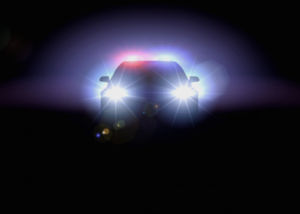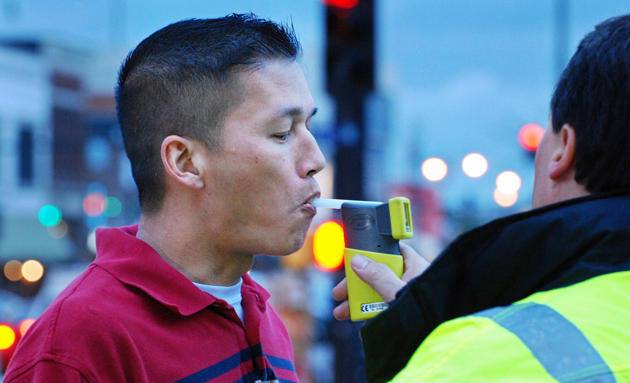
Driving while license suspended can be an extremely serious offense in Washington state, depending on the degree (first, second and/or third degree). Having a suspended driver’s license can further complicate an out-of-state move. In most states, the suspension will follow you to your new state. Although there are exceptions, in general, you cannot get a valid driver’s license in a new state if you have a suspended license in another state.
There are several reasons why people lose their driving privileges, including: 1) Driving under the influence, 2) Leaving the scene of an accident, 3) Reckless driving or road rage 4) Reaching the maximum allowed driver’s license points, 5) Excessive traffic offenses, like parking tickets, speeding tickets, or other infractions or 6) Unpaid court-ordered child support.
Having your driver’s license suspended or revoked can be a major obstacle when trying to earn a living, raise a family, or have a social life. The impact is even more significant when relocating. Read on to learn more about how a driver’s license suspension for any reason impacts how you can drive legally in a different state.
Because of the Driver License Compact (DLC), your driving record will follow you almost anywhere in the United States. The DLC is an interstate agreement that facilitates states’ exchange of information for traffic violations, suspensions, and revocations. The compact’s motto is “One Driver, One License, One Record.”
Under the compact, participating states treat most traffic offenses as if they occurred in the state where you hold your license. This is limited to moving violations and typically excludes non-moving offenses like parking tickets or tinted windows. If you have a suspended license in a member state, it will likely stay suspended in any other member state.
Similarly, if you apply for a license in a new state, your suspension will likely prevent you from getting a new license. When you apply for a driver’s license, the state’s Department of Motor Vehicles (DMV) or applicable motor vehicle agency checks for your name on the National Driver Register (NDR). The NDR is a database with the names of those with suspended or revoked licenses.
There are five possible outcomes when a member state DMV checks your information at the NDR, including: 1) You have no record in the database, 2) You do have a record in the database, 3) You hold a valid driver’s license in the state, 4) You are legally eligible to apply for a license in the state, 5) You are ineligible to apply for a license in the state. The license compact isn’t only interstate, but international in a few cases.
Reinstating your license in a new state with an out-of-state driver’s license suspension is possible. Although it varies by jurisdiction, DLC states have procedures in place for new residents to achieve license reinstatement. The rules for this vary by state. Before you start the process, research the requirements for getting a driver’s license in your new state.
If the DLC recognizes your license suspension, the licensing agency in the new state will likely require you to resolve your suspension in your original state. This can include waiting out the suspension period, paying fines, or completing community service, classes, or courses. Collect all proof and documentation along the way.
If you or a loved one is in a bind as a result of a criminal charge, immediately contact a Seattle Criminal Attorney. A Criminal lawyer is not going to judge you and understands that everyone makes mistakes. Hiring a Seattle Criminal Lawyer to help can – at a minimum – reduce penalties and can help direct people on how to best deal with their criminal charge, and many times even get them dismissed. So, it should go without saying that someone cited for a misdemeanor or felony should hire a qualified Seattle Criminal Lawyer as soon as possible. Criminal charges can cause havoc on a person’s personal and professional life. Anyone charged with a crime in Washington State should immediately seek the assistance of a seasoned Seattle Criminal Lawyer. SQ Attorneys can be reached at (425) 359-3791 and/or (206) 441-0900.


